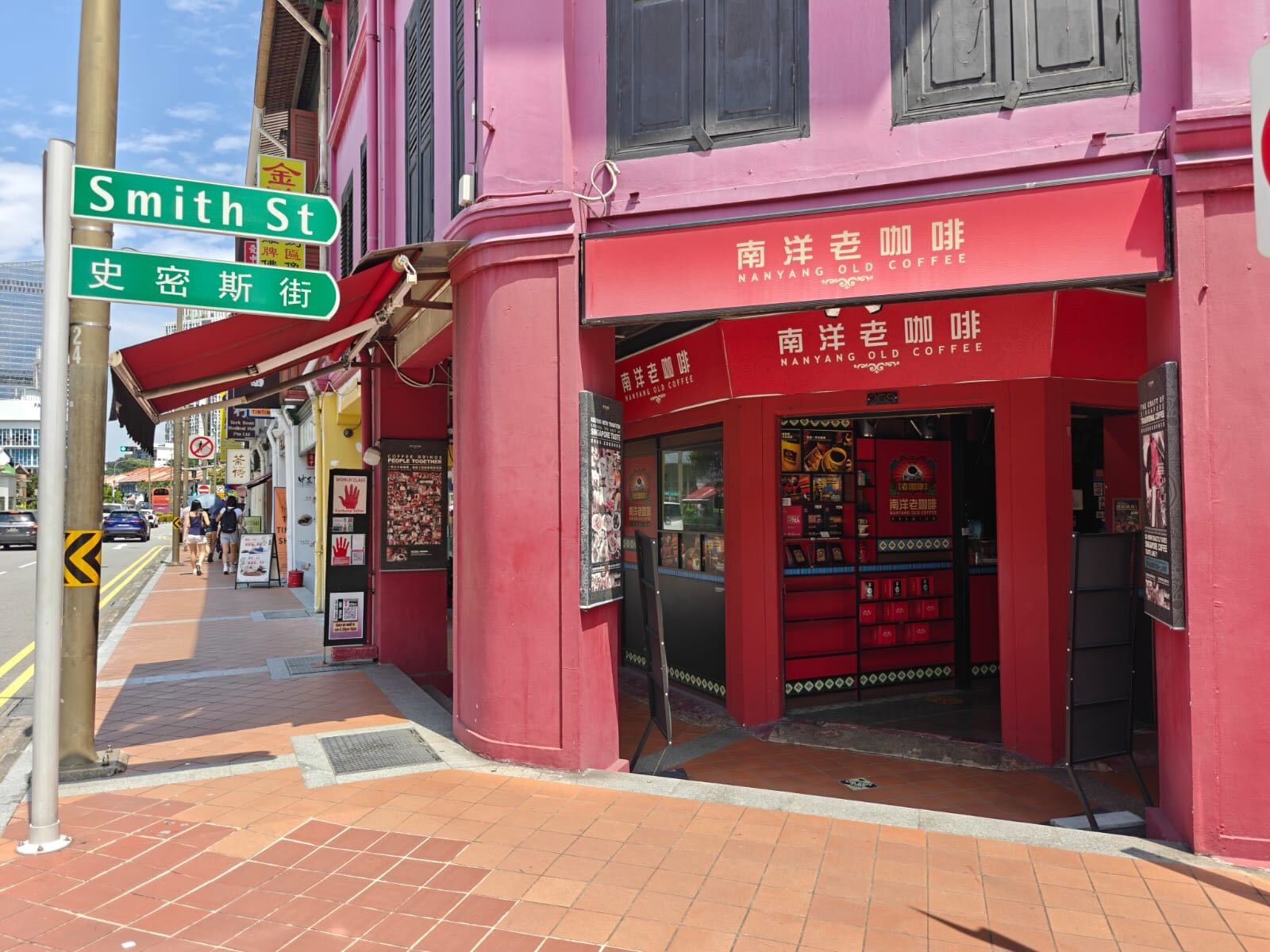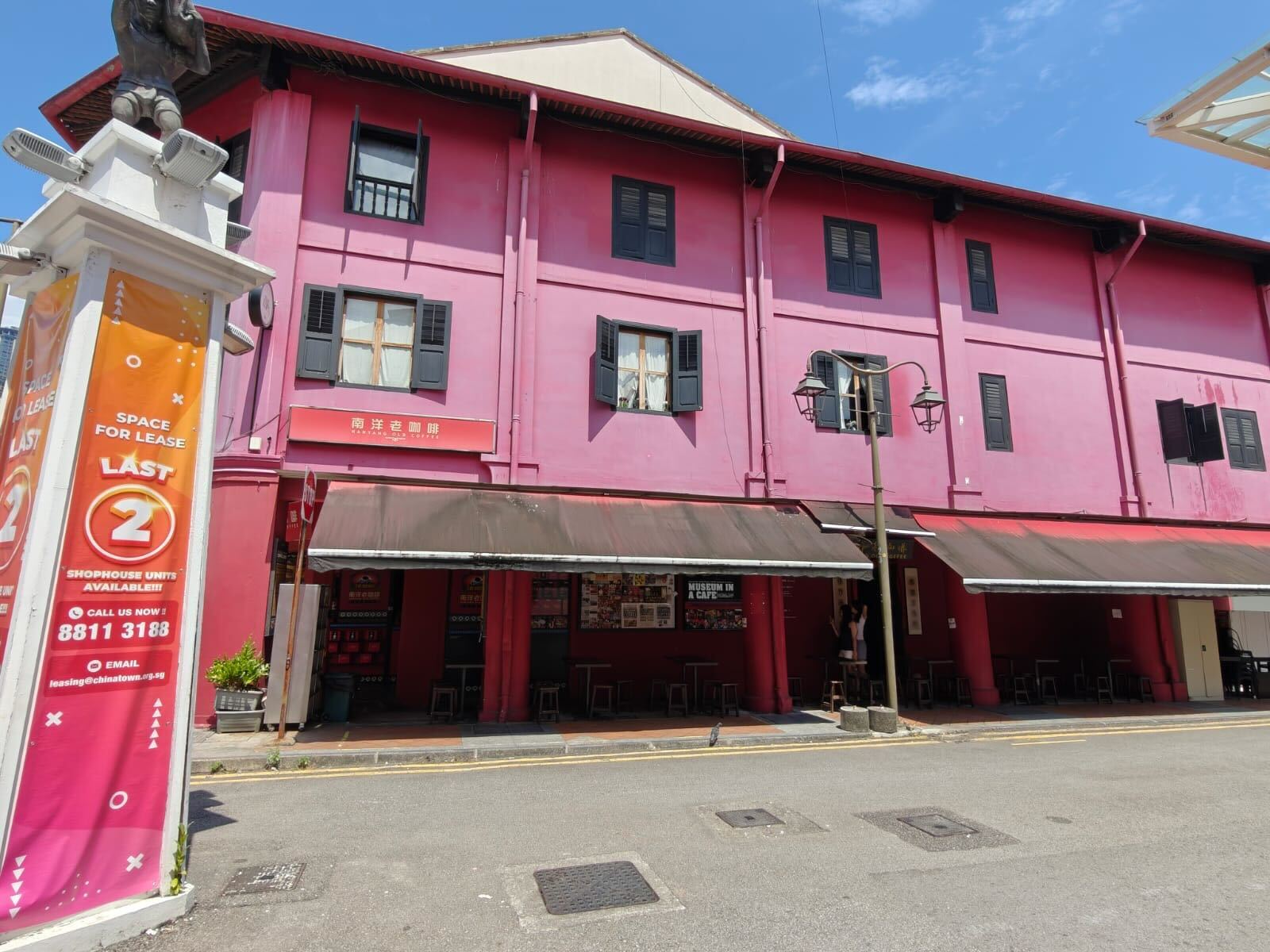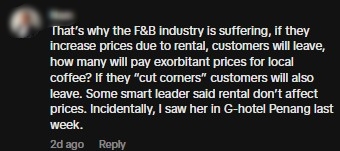SINGAPORE: An iconic Chinatown coffee shop, Nanyang Old Coffee, has been served a legal letter from the Chinatown Business Association (CBA).
The letter demands more than S$77,000 in unpaid rent, covering the period from October 2024 to June 2025, as reported by Lianhe Zaobao.
An additional S$5,500 in legal fees brings the total claim to over S$83,000.
In August 2024, CBA became the master tenant of the Smith Street precinct after a successful bid of S$123,000 per month.
This contract includes management rights over 13 shophouses and the adjacent pedestrian walkways.
Although the physical premises of Nanyang Old Coffee are privately owned and not part of the 13 CBA-managed units, the pavement area outside the shop falls within the pedestrian zone governed by CBA, according to government tender documents.
Owner claims long-time use of space
According to CBA, the shop’s owner, Lim Eng Lam, had ignored repeated requests to vacate the outdoor area—a one-metre-wide stretch spanning four shophouses along Smith Street.
Lim told Lianhe Zaobao on 24 June that he removed all tables and plants by 23 June, the final deadline specified by CBA.
He is appealing for a waiver of the accumulated rent and legal fees.
The shop has reportedly used the disputed pavement area for over 15 years.
A TOC correspondent visited the shop on 26 June and observed that the tables outside, along the Smith Street pavement, had already been cleared.


In a Facebook post dated 23 June, Lim wrote: “This could force a heritage brand to shut its doors. Is this how we protect Chinatown’s culture?”
He added, “we endured 3 years of the pandemic without shedding tears, but now, under unfair pressure, every cup of coffee could be our last.”
A video accompanying the post calls for public support to “preserve the last aroma of tradition in Chinatown”.
CBA insists rent applies to all users
In its response, CBA said it had attempted to engage Lim since October 2024 to regulate his use of the outdoor space. After multiple unheeded requests, the association resorted to legal action.
Despite the dispute, CBA stated that it has not barred Nanyang Old Coffee from continuing business, nor has it forced the shop to become one of its tenants.
However, the association maintains that use of any CBA-managed outdoor area requires rental payment, as is expected of other vendors.
The monthly rate for the disputed space is approximately S$8,600.
CBA further clarified that any funds recovered through legal proceedings would be donated to underprivileged members of the Chinatown community.
Questions over timing and documentation
Lim claims that he had repeatedly asked CBA to provide official documents confirming its authority over the contested space.
However, he said these were only provided this month, attached to the legal notice demanding backdated rent.
The letter, dated 19 June, also required Lim to attend an interlocutory hearing at the State Court on 26 June.
He emphasised that the outdoor tables serve mainly elderly customers and those using wheelchairs, who often find the cramped shophouse interior difficult to navigate.
Public support and backlash over rising rents
The case has triggered widespread sympathy online, with many commenters expressing concern over rental practices affecting local businesses.
One reader on Lianhe Zaobao remarked, “If not for this coffee shop, there would be no foot traffic on this part of the street.”
Another added, “Exactly! The CBA still thinks it’s the old Chinatown! Now only the elderly come here to reminisce and chat—the tourists are long gone.”

On Facebook and TikTok, users criticised the demand as excessive.
A netizen criticised the situation as “ruthlessly unreasonable,” calling it a forced threat against a culturally significant local business.
The user expressed that Nanyang Old Coffee represents Singapore’s heritage, resonating with both tourists and locals through its nostalgic value. The comment urged support for local brands to grow and expand, questioning the actions of the association.

A TikTok user highlighted the challenges faced by the F&B industry, stating that rising rentals force price increases which drive customers away, while cost-cutting also risks losing patrons. The user further criticised the notion that rental costs do not impact prices.

Another netizen shared a broader frustration: “Many hawkers start with no customers and cover rent from their savings. After building up a following, landlords raise the rent. This is why heritage food stalls keep disappearing.”

The post Chinatown coffeeshop faces S$77k rent demand or ban from using outdoor pavement as seating area appeared first on The Online Citizen.


